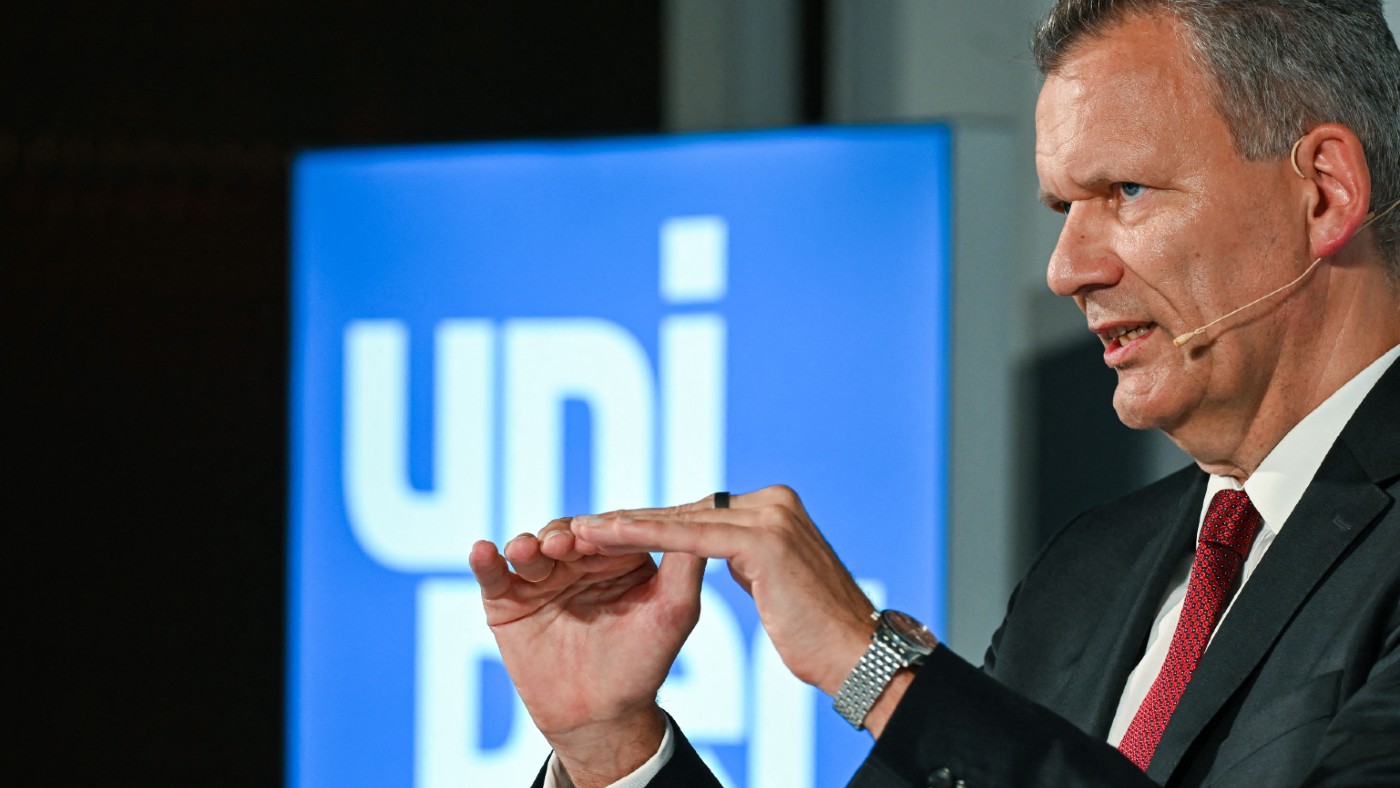Uniper: Germany’s biggest energy importer pushed ‘to edge of insolvency’
Company received €15bn state bailout in July, but CEO has warned billions more may be needed

A free daily email with the biggest news stories of the day – and the best features from TheWeek.com
You are now subscribed
Your newsletter sign-up was successful
Germany’s biggest gas importer, Uniper, reported a loss of more than €12bn for the first half of the year, “ranking among the biggest in German corporate history”, said Vanessa Dezem on Bloomberg.
It can expect no respite, now that Russia’s Gazprom has “indefinitely” halted flows to Europe via the Nord Stream 1 pipeline. The news prompted European benchmark gas futures to soar by 35% on Monday – piling further pressure on Uniper, which has been forced “to buy gas in the expensive spot market to fulfil contracts, pushing it to the edge of insolvency”.
State bailout
In July, the company received a €15bn state bailout, “to prevent its collapse and a possible domino effect in the energy sector”. This week, CEO Klaus-Dieter Maubach warned that billions more may be needed.
The Week
Escape your echo chamber. Get the facts behind the news, plus analysis from multiple perspectives.

Sign up for The Week's Free Newsletters
From our morning news briefing to a weekly Good News Newsletter, get the best of The Week delivered directly to your inbox.
From our morning news briefing to a weekly Good News Newsletter, get the best of The Week delivered directly to your inbox.
EU policymakers have accused the Kremlin “of weaponising energy supplies” to “sow uncertainty across the 27-nation bloc”, said CNBC. Maubach admits to “wishful thinking” at the start of the Ukraine War that Uniper’s partnership with Gazprom, which dates back to the 1970s, would hold firm.
It is now so irretrievably broken that Uniper, whose shares have crashed by 88% this year, is “weighing legal action against Gazprom”, said Reuters. And gas rationing in Germany may be only a matter of time.
Worst yet to come
In closing this vital supply route as a tit-for-tat against Western sanctions, Vladimir Putin “has pre-empted the West and declared an all-out energy war”, said Ben Marlow in The Daily Telegraph. “After a mad scramble to secure supplies”, Europe’s gas storage facilities are almost full.
But officials concede that, without Russian flows, Germany “only has enough gas for two-and-a-half months of demand”. As Uniper’s boss observed at this week’s Gastech conference in Milan: “The worst is yet to come”.
A free daily email with the biggest news stories of the day – and the best features from TheWeek.com